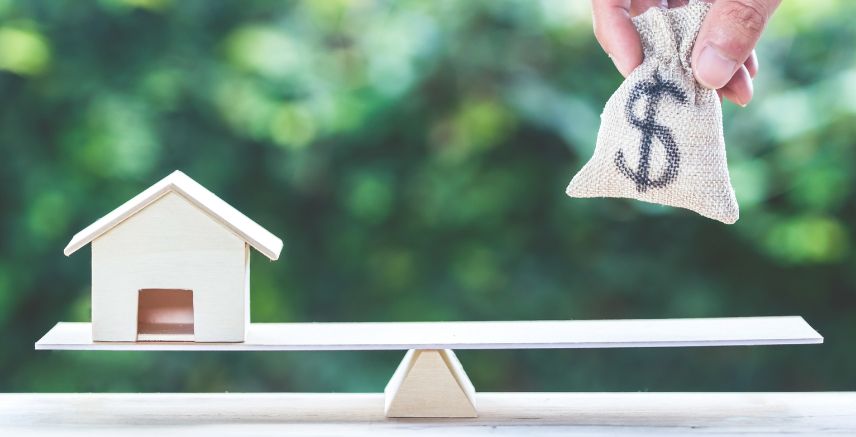Unlocking Home Equity
A reverse mortgage is a type of loan only available to homeowners above 62 years old, as it serves to help with living expenses and cost management. A reverse mortgage loan is similar to a traditional mortgage; however, borrowers do not make monthly mortgage payments like they typically would.
Generally speaking, a reverse mortgage supplements retirement income for homeowners. The money brought in through the loan is often used to pay for home expenses, home repairs or medical expenses. Let’s discuss the pros and cons of a reverse mortgage so you know what you are getting into before deciding to pursue the loan!
Pros of a Reverse Mortgage
Better Manage Expenses in Retirement
When seniors retire, many experience a significant reduction in their income and need to save more than they did prior. In these times, a reverse mortgage will help supplement a diminished income without digging into your savings. Plus, typically, a reverse mortgage will not require the debtor to make monthly payments on their loan, making it an excellent option for those on a tighter budget.
The Income is Not Taxed
The IRS views the money accrued from a reverse mortgage as loan proceeds rather than income, meaning it is not taxable! This is critical to the loan, as it means you will receive the proceeds and be able to use the full value rather than being punished by taxes.
Your Heirs Have Options
The beauty of a reverse mortgage is that the heirs to the retirees’ estate have several choices on how to address the payback of the reverse mortgage. Their options include the following:
- Sell the property to repay the debt and keep any equity above the balance.
- Repay the debt out of pocket.
- Keep the home and refinance the reverse mortgage.
- Let the lender assume the property title.
You Can Stay in Your Home
Instead of leaving your home, pulling out a reverse mortgage allows the retiree to stay where they are and remain comfortable. Rather than pursuing a new home to rent or purchase, a reverse mortgage will help pay for the current residence and other expenses.
Cons of a Reverse Mortgage
They Are Expensive
Unfortunately, reverse mortgages are expensive. Generally, the fees of pursuing the reverse mortgage add up and can often be thousands of dollars. While the debtor can roll these fees into the loan’s principal, this will significantly increase the amount owed.
You Could Lose Your Home to Foreclosure
There are some stipulations to receiving a reverse mortgage, many of which include the fact that the applicant must live in the home as their primary residence and be able to afford property taxes, HOA fees, etc. However, if you become delinquent on any of the various fees or expenses you must pay, you risk defaulting on your reverse mortgage and facing foreclosure.
It Could Impact Retirement Benefits
While a reverse mortgage is not viewed as income by the IRS, there are some risks of it impacting your qualification for other need-based government programs such as Medicaid. As such, understanding the potential impacts on other retirement benefits before taking out a reverse mortgage is essential.
It Could Hurt Your Heirs’ Inheritances
Part of the downside of taking out a reverse mortgage is that paying back the reverse mortgage often requires the homeowner to ultimately sell the property to pay back the debt that they have accrued.
While this might not be much of a concern for retirees, it could have significant negative impacts on the inheritance that the heirs receive upon their family members passing away. Typically, a home is the most substantial part of an estate inheritance. With a reverse mortgage, you risk liquidating the property rather than passing it down to your heirs.
Consider Your Circumstances
Ultimately, as is the case with most financial decisions, you should consider your own circumstances and situation before deciding whether or not you should pursue a reverse mortgage. Depending on your retirement income and ability to pay existing expenses and fees, it might make the most sense to avoid taking out a reverse mortgage and diminishing the equity stake you have in your residence.
On the other hand, if you find yourself incapable of meeting current medical expenses, consider taking out a reverse mortgage rather than tapping into your savings to maintain your quality of life. Regardless, while considering the pros and cons of a reverse mortgage, don’t forget to take your personal circumstances and overall situation into consideration as well before making a decision!
Read on to learn all about real estate investment banking.

